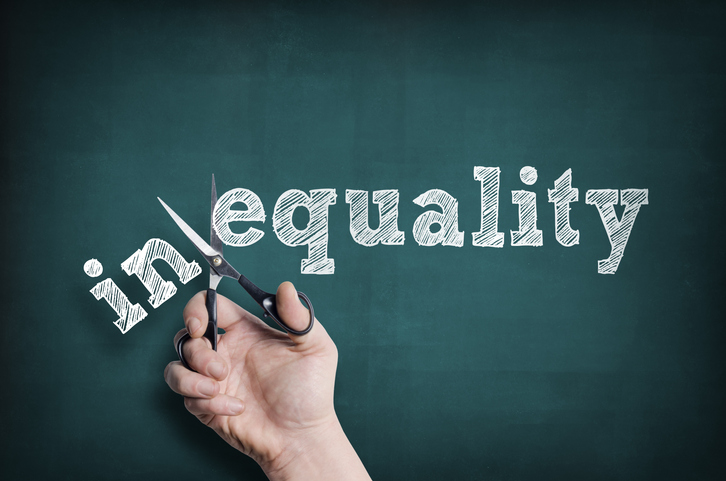
Findings from the Flinders University project Health Inequalities in Australia: The Contribution of Income, Wealth and Employment were presented and discussed in a special webinar event on 18 May 2021.
Speakers at the webinar included Dr Joanne Flavel, Professor Fran Baum, The Hon Mark Butler MP (Shadow Minister for Health and Ageing) and Ross Womersley, CEO, South Australian Council of Social Service, and over 60 guests attended.
Chief Investigator Joanne Flavel, explained, “While there were overall improvements in health and increases in income, wealth and employment, the gains were greater for people living in less disadvantaged areas. Socio-economic inequality has increased in Australia and has widened the gap between people living in the least and most disadvantaged areas.”
“Increasing economic inequality in Australia over the past 30 years contributes to explaining the increase in health inequalities over the same period” “Measures to reduce economic inequality are important if we are to reduce health inequality in Australia.”
Reflecting on the project results, Mark Butler said “…we have a real tendency in this country always to look at the more acute end of the spectrum. Now, we’re always looking at what’s happening in emergency departments. In aged care, we’re always looking at what’s happening in nursing homes, rather than thinking about social determinants and good health prevention…”
Ross Womersley stated that health inequities are “an expression of poverty” from our perspective, and we know that poverty susceptibility is likely to have a number of characteristics, they’re likely to be racist, they’re likely to be cultural, they’re likely to be gendered, and they can be age related” and said “the thing that continues to terrify me is the gap, the distance that continues to grow between the haves and the have nots.”
This project, funded by a Flinders Foundation Health Seed Grant, conducted research examining why health inequalities have been increasing in Australia over recent decades. It is a pilot project focused on three drivers: employment, income and wealth.
Health Inequalities in Australia used existing publicly available data to identify the ways in which the distribution of employment, income, and wealth contribute to explaining the increase in socio-economic health inequalities in Australia, with a particular focus on the trend between the 1980s and the present.
Intended benefits of the project are to understand how employment, income, and wealth have contributed to increasing health inequities in Australia. The project also examined the utility of data by state/territory for assessing differences in trends and health inequalities.
Recommendations included:
Increase Jobseeker to above the poverty line, implement more progressive taxation to address wealth inequality, investment in increasing the stock of public housing, implement fairer employment contracts and improve the measurement and monitoring of health inequalities.
The recording of the webinar can be viewed here

